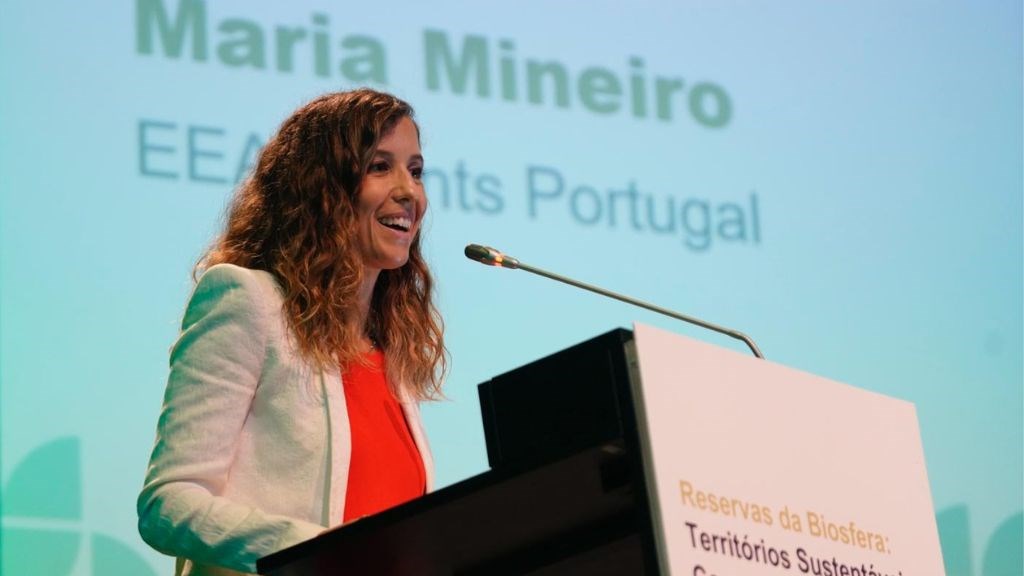During the opening session of the Final Seminar on Biosphere Reserves: Sustainable Territories, Resilient Communities, held on September 29 at the Pavilion of Knowledge in Lisbon, Maria Mineiro emphasized the crucial role of EEA Grants, which, in this context, was extremely important in creating a new platform that "will allow mapping of each territory, providing updated information on each reserve and serving as an important networking tool, bringing together the entities managing the reserves, Norwegian and Icelandic partners, and the local communities."
Funding from EEA Grants, under the Environment program managed by the General Secretariat of the Environment, enabled the creation of a digital infrastructure spanning various project areas, reflecting the multiple dimensions associated with Biosphere Reserves. It encouraged collaborative and innovative dynamics and partnerships between Biosphere Reserves, promoting activities in key sectors such as tourism, nature conservation, entrepreneurship, local economy, research, open science, memory and identity, creation and cultural production, in addition to an ambitious communication and awareness program and involvement of communities and society in general.
The event, attended by the Minister of Environment and Climate Action, Duarte Cordeiro, the Secretary of State for Internationalization, Bernardo Ivo Cruz, and the Secretary of State for Planning, Eduardo Pinheiro, as well as various Biosphere Reserve managers and other partners, aimed primarily to present the results of a three-year project. During this period, a multidisciplinary team worked together to study and promote the 12 Portuguese Biosphere Reserves, fostering the sharing of best practices and cooperation at both the national and international levels.
Biosphere Reserves are territories classified by UNESCO's MaB program for their nature, biodiversity, and sustainable social, economic, and cultural development, involving research and conservation of this heritage.
